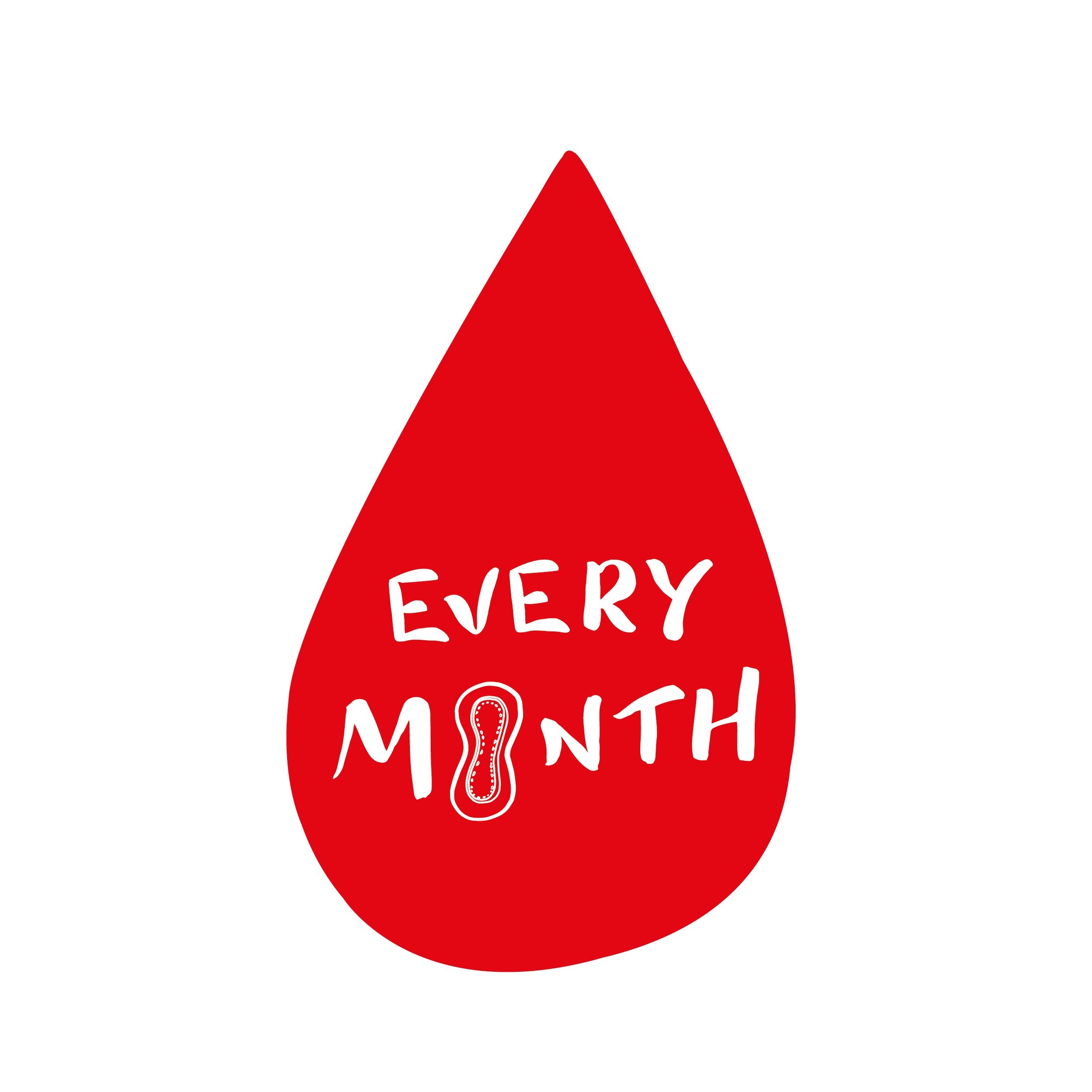Green the Red: Sustainability and Menstruation in India
This post was originally posted in 2017.
According to a 2011 study by AC Nielsen, only 12% of India’s 335 million adult women could afford sanitary products. Despite this, in July 2017, sanitary products were classed as non essential in India’s latest legislation; taxing them at 12% and making them even more unavailable to the people who need them.
The high costs of products are forcing people to use unsanitary means and causing irritation, discomfort and sometimes infection. Not only this, Indian people are being silenced by the negative and historic stigma associated with periods and not obtaining the information and care they need.
Ever since we were little girls, we have been taught to be embarrassed about our periods, to never speak about our monthly “curse,” to hide sanitary pads up our sleeves.
I know so many married men, who live with wives, mothers and daughters, yet have never seen a sanitary pad in their lives. This is not just their fault, it is also ours — for allowing ourselves to be part of a culture that punishes women for simply having their period.
New sanitary pad tax exposes India’s archaic period taboos
Women of strict Hindi faith are prohibited to take part in day to day activities such as cooking and prayer whilst on their period. They can’t enter a temple or attend religious events. Anything they touch whilst menstruating becomes contaminated. These beliefs are centuries old and deep rooted in culture and religion and passed down throughout generations. Although not as widely believed as they once were, these concepts are still having an impact on the relationship people have with their periods (check out this great article written by Anisha Bavnani for more information).
The good news is a number of Indian companies and campaigns are striving to change this perception of periods by tackling legislation, providing free education and promoting reusable sources.
Here are just a few examples of organisations leading the way:
1. Saathi Pads
Saathi Pads was founded in 2015 with the aim to provide biodegradable, comfortable and hygienic pads. The pads are made with banana fibre from the stem of banana trees. Saathi Pads pays local collectors for the stems which are usually discarded. They’re proud that their main production source takes up no extra land.
2. Eco Femme
Eco Femme are championing menstrual education and health with their reusable pads. They want to empower their buyers by choosing an economical and environmentally friendly product. The company run a number of schemes, encouraging buyers to gift free pads to teenagers (Pad for Pad) and introducing cloth pads to marginalised women (Pads for Sisters).
3. Green the Red
Green the Red is a collective of companies and campaigns promoting healthy conversations about menstruation and environmentally friendly alternatives to disposable pads. They are determined to influence the current taxation of sanitary products to exclude reusable products. Their website is super informative on menstrual cups, washable clothes, inter-labia pads and period panties.
All of these companies are providing services to young people in India, encouraging them to speak up about their menstrual health and well being. Websites like Menstrupedia are reinventing the negative legacy of periods by providing literature to teenagers which explain the biology of menstruation.
Our need to speak up about periods is part of a worldwide conversation. We can help each other by signing campaigns, reading blogs, retweeting links and engaging in dialogues with organisations from all over the world.

